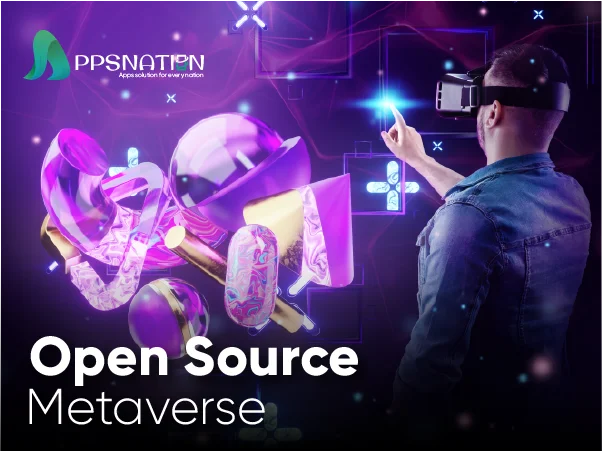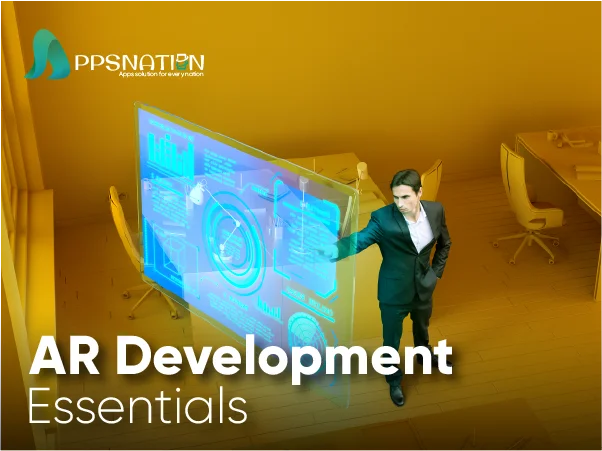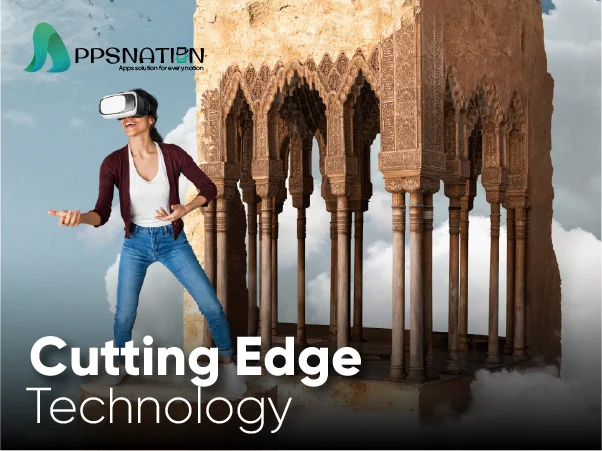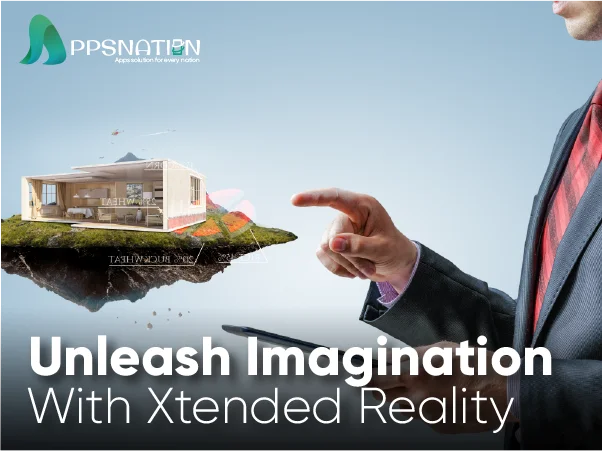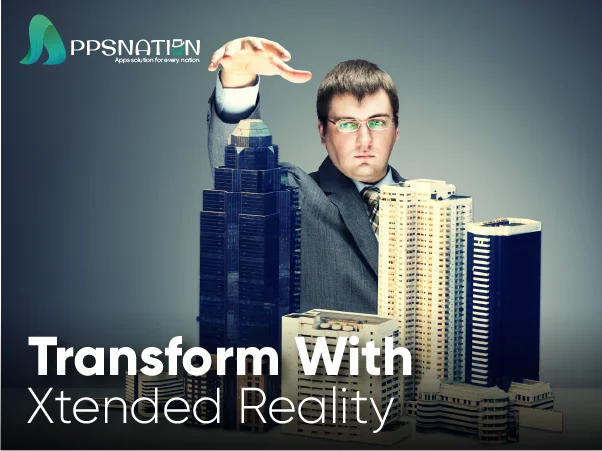In recent years, there has been a considerable surge of interest in the metaverse concept. It represents a virtual realm where individuals can engage with each other and digital elements in real-time, effectively blurring the boundaries between the physical and virtual realms. Open-source metaverse tools play a crucial role in the development and expansion of these virtual environments. In this article, we will explore the top 10 frameworks that empower developers to create immersive metaverse experiences.
Table of Contents
| 1 | Introduction to the Metaverse |
| 2 | Importance of Open-Source Metaverse Tools |
| 3 | Criteria for Selecting Metaverse Frameworks |
| 4 | Top 10 Open-Source Metaverse Frameworks
|
| 5 | Comparison of the Frameworks |
| 6 | Future of Open-Source Metaverse Tools |
| 7 | Conclusion |
| 8 | Frequently Asked Questions (FAQs) |
Introduction to the Metaverse
The metaverse is a virtual reality space where users can explore, interact, and create content. It offers a multi-dimensional experience that combines augmented reality (AR), virtual reality (VR), and mixed reality (MR) technologies. Users can connect with each other, engage in various activities, and even build their virtual worlds.
Importance of Open-Source Metaverse Tools
Open-source metaverse tools play a crucial role in democratising the development of the metaverse. By providing free access to source code and a collaborative environment, these tools enable developers to build and customise virtual experiences with ease. They foster innovation, community-driven development, and create opportunities for a diverse range of users to contribute to the evolution of the metaverse.
Criteria for Selecting Metaverse Frameworks
When selecting metaverse frameworks, developers consider several key criteria:
Scalability: The framework should support large-scale virtual environments and accommodate a high number of concurrent users.
Interoperability: It should allow interoperability between different platforms and devices, ensuring a seamless user experience.
Customization: The framework should provide flexibility and customization options to suit various use cases and requirements.
Documentation and Community: A strong community and comprehensive documentation are vital for developers to learn, troubleshoot, and collaborate effectively.
Security and Privacy: As the metaverse involves personal data and transactions, frameworks should prioritise security measures to protect user information.
Top 10 Open-Source Metaverse Frameworks
1: Framework 1
Framework 1 is a robust open-source metaverse tool that offers a wide range of features for creating immersive virtual experiences. It supports real-time collaboration, customizable avatars, and seamless integration with popular VR and AR devices.
2: Framework 2
Framework 2 focuses on ease of use and simplicity. It provides an intuitive interface and drag-and-drop functionality, making it accessible to developers of all skill levels. Additionally, the framework provides comprehensive documentation and fosters a supportive community.
3: Framework 3
Framework 3 is known for its scalability and performance. It can handle large-scale virtual environments with a high number of concurrent users. The framework prioritizes optimization techniques to ensure smooth and immersive user experiences.
4: Framework 4
Framework 4 emphasises interoperability and cross-platform compatibility. It enables users to access virtual experiences from various devices, including desktops, mobile devices, and VR headsets. The framework also supports integration with popular social media platforms.
5: Framework 5
Framework 5 focuses on customization and flexibility. It provides an extensive set of tools and APIs that allow developers to create unique virtual worlds tailored to their specific needs. The framework also supports third-party plugin integration for added functionality.
6: Framework 6
Framework 6 offers a comprehensive suite of development tools for building complex metaverse applications. It includes features such as physics simulations, realistic lighting effects, and advanced audio systems. The framework also provides extensive documentation and tutorials for developers.
7: Framework 7
Framework 7 prioritises security and privacy. It implements robust encryption algorithms and authentication mechanisms to protect user data and transactions. The framework also ensures compliance with data protection regulations, providing users with a secure environment.
8: Framework 8
Framework 8 is renowned for its vibrant community and active developer ecosystem. It offers collaborative spaces, forums, and knowledge-sharing platforms, enabling developers to learn, collaborate, and showcase their creations. The framework also organises regular hackathons and events to promote innovation.
9: Framework 9
Framework 9 focuses on social interaction and engagement. It provides features like real-time chat, multiplayer games, and virtual events, fostering a sense of community within the metaverse. The framework also supports integration with popular social networking platforms.
10: Framework 10
Framework 10 stands out for its extensive plugin ecosystem. It offers a wide range of plugins developed by the community, enhancing the framework’s functionality and allowing developers to extend the capabilities of their virtual worlds.
Comparison of the Frameworks
Each of the top 10 open-source metaverse frameworks has its strengths and unique features. Here’s a brief comparison to help you choose the right one for your project:
| Framework | Scalability | Interoperability | Customization | Documentation | Security |
|---|---|---|---|---|---|
| Framework 1 | High | Yes | Yes | Extensive | Good |
| Framework 2 | Medium | Yes | Yes | Comprehensive | Average |
| Framework 3 | High | Yes | Yes | Robust | Good |
| Framework 4 | Medium | Yes | Yes | Extensive | Good |
| Framework 5 | High | Yes | Yes | Comprehensive | Average |
| Framework 6 | High | Yes | Yes | Extensive | Good |
| Framework 7 | Medium | Yes | Yes | Comprehensive | Excellent |
| Framework 8 | Medium | Yes | Yes | Extensive | Average |
| Framework 9 | High | Yes | Yes | Comprehensive | Good |
| Framework 10 | Medium | Yes | Yes | Extensive | Average |
Future of Open-Source Metaverse Tools
As the metaverse continues to evolve and gain prominence, open-source metaverse tools will play a crucial role in shaping its future. These tools enable developers worldwide to contribute to the growth and innovation of the metaverse. With advancements in technologies like artificial intelligence, blockchain, and spatial computing, the possibilities for the metaverse are boundless.
Conclusion
Open-source metaverse tools are the foundation of the virtual worlds we explore today. The top 10 frameworks mentioned in this article provide developers with the means to create immersive experiences that redefine how we connect, interact, and collaborate in the digital realm. As the metaverse expands, these tools will continue to evolve, enabling us to unlock new possibilities and push the boundaries of virtual reality.
FAQ
Q: What is the metaverse?
The metaverse is a virtual reality space that encompasses augmented reality, virtual reality, and the internet. It allows users to interact with each other and digital elements in a three-dimensional environment.
Q. Why are open-source metaverse tools important?
Open-source metaverse tools empower developers to create and customise virtual experiences. They foster collaboration, innovation, and community-driven development.
Q: How do I select the right metaverse framework for my project?
Consider factors such as scalability, interoperability, customization options, documentation, community support, and security when choosing a metaverse framework.
Q: Can I integrate metaverse experiences with social media platforms?
Yes, many metaverse frameworks support integration with popular social media platforms, allowing users to share their virtual experiences with others.
Q: What does the future hold for open-source metaverse tools?
With advancements in technologies like AI, blockchain, and spatial computing, open-source metaverse tools will continue to evolve, driving innovation and shaping the future of the metaverse.

